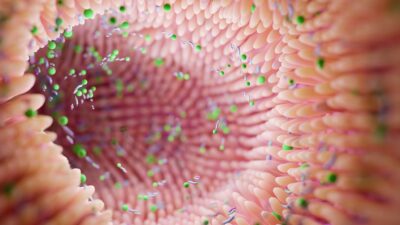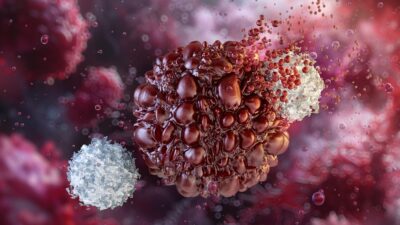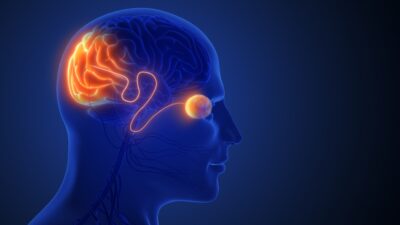Arterial Stiffening Correlates With Cognitive Decline
- A lack of elasticity in the arteries causes damage to organs, including the brain.

Today, we want to highlight the results of a recent long-term study, which collected data over a four-year period to investigate the link between aortic stiffening and cognitive decline, including dementia.
During aging, our blood vessels become increasingly stiff and lose their flexibility, and the cells comprising it struggle to contract and relax properly. Blood vessels, particularly arteries, need that flexibility in order to cushion the force of blood being pumped around our bodies; without it, our organs take the brunt of that force, which damages them over time.
As blood vessels stiffen, a typical consequence is hypertension, an elevation of blood pressure, which leads to a number of health issues and contributes to various age-related diseases. Blood pressure is a tightly controlled process that includes various feedback systems, but when blood vessels lose their ability to contract and relax properly, the result is increased blood pressure.
Increased blood pressure frequently leads to damage to delicate tissues, such as the rupturing of small blood vessels, pressure damage to sensitive eye cells that leads to loss of vision, and damage to the blood-brain barrier. In the brain itself, excessive blood pressure can cause micro-strokes, which damage small areas of the brain but often go unnoticed. Over time, this damage mounts up and contributes to increasing cognitive decline.
Blood vessels stiffen with age for multiple reasons, such as the formation of crosslinks in the extracellular matrix. Made from advanced glycation end-products (AGEs) such as glucosepane, which the body is unable to break down and dispose of, these persistent bonds reduce the elasticity of the tissue they are in. In the case of blood vessel walls, this leads to hypertension, and we can even see this happening in our outer skin as we age; crosslinks make our skin less elastic and more wrinkled.
Another purported cause of blood vessel stiffening is the increasing presence of senescent cells, which cause chronic inflammation and inhibit healthy tissue regeneration.
Aortic stiffness is closely linked with cardiovascular diseases (CVDs), but recent studies suggest that it is also a risk factor for cognitive decline and dementia. However, the brain changes underlying this risk are unclear. We examined whether aortic stiffening during a 4-year follow-up in mid-to-late life was associated with brain structure and cognition in the Whitehall II Imaging Sub-study.
Our findings indicate that faster rates of aortic stiffening in mid-to-late life were associated with poor brain WM microstructural integrity and reduced cerebral perfusion, likely due to increased transmission of pulsatile energy to the delicate cerebral microvasculature. Strategies to prevent arterial stiffening prior to this point may be required to offer cognitive benefit in older age.
Conclusion
There are a number of technologies being developed that may help to address arterial stiffness, particularly the crosslink-breaking drugs from Revel Pharmaceuticals, which could help remove glucosepane from the extracellular matrix. Meanwhile, while we wait for more robust solutions to arrive, we should all do our best to maintain healthy lifestyles and healthy hearts.







